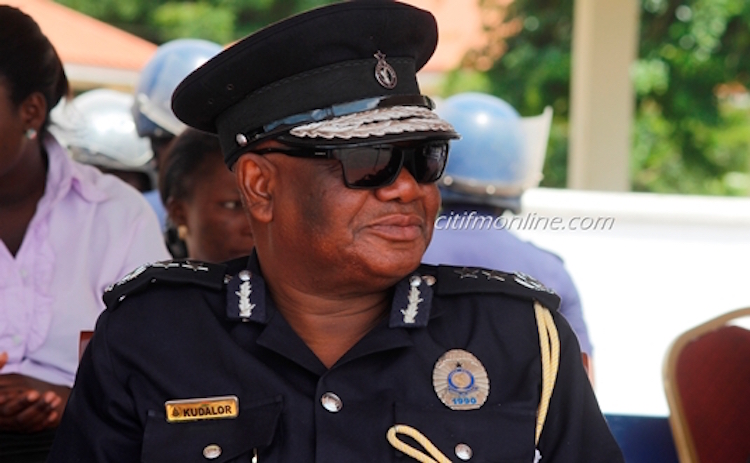By GIN and INPS Africa Correspondent
NEW YORK | ACCRA (IDN) – Ghanaians who use social media could find themselves staring at a blank screen instead of Facebook or Twitter under a plan now being considered by Ghana’s Police Service (GPS).
Superintendent Cephas Arthur, Public Affairs director of the GPS, said that blocking Facebook, Twitter and other social media outlets during the upcoming presidential and parliamentary elections would be in the best interests of the nation. Such a ban would not infringe on people’s rights, he said, but would promote peace and ensure a violence-free election, he claimed.
The proposed shutdown has dismayed UN Special Representative for West Africa and the Sahel (UNOWA), Dr. Mohammed Ibn Chambas, who remarked that the UN would not support a social media black-out.
“For good or for bad, social media serves as one of the modes of expressions of free speech of democratic societies,” said Dr. Ibn Chambas, while on a recent fact-finding mission in Ghana.
Inspector General of Police (IGP) John Kudlor was also of the opinion that social media could be used as a tool for misinformation and thus pose a danger to the national’s security during the national elections scheduled for November 7.
“If people are churning out the type of information which is quite false then why not? The security of this nation is paramount,” he was reported to have said on May 26 Citi FM news.
In a quote published by local media outlet Citi FM he said: “At one stage I said that if it becomes critical on the eve and also on the election day, we shall block all social media as other countries have done. We’re thinking about it. We are also thinking about the other alternative that the police should be IT compliant and get our own social media [account] to be able to stop these things on time. We are looking at the variables and come D-Day, we’ll come out with a decision.”
Free speech advocates were shocked to learn of the proposed media blackout. Because Ghana is widely acknowledged as one of Africa’s role models for best democratic practice.
Kinna Likimani, of the social media platform dedicated to election coverage in Ghana, Ghana Decides, stated during an interview:
“We are not a country that subscribes to heavy handed repressive tactics otherwise we will not be in a democracy. What we need to do is that within our democratic dispensation, we educate our citizens. The Police needs to understand and come on and we all work together. There is a huge space that even the Police can occupy on social media. Ways by which we can inform Ghanaians, ways in which we can help them in their job.”
She added: “Not only the Police, including the EC (Election Commission) who is now on social media. The last election, the EC released the results on Facebook. The Peace Council needs to be on social media, the government needs to be on social media. It is a platform for informing and together we can Police ourselves but to ascribe to heavy handed repressive tactics, I repeat it is not a democratic best practice and it doesn’t suite the path we are on as Ghanaians. We close down social media and then what. What message do we send to ourselves as Ghanaians. That we can’t handle ourselves.”
The Alliance for Accountable Governance (AFAG) warned: “Blocking or restricting access to social media is a blatant violation of freedom of expression,” and “a violation of the constitution.”
AFAG said the 1992 Constitution states: “All persons shall have the right to freedom of speech and expression, which shall include freedom of the press and other media. The constitution guarantees that the press and every individual in Ghana has the right to say anything that they want, whenever that they want and wherever that they want.” The Alliance for Accountable Governance (AFAG), berated the mooted block.
Other countries which have blocked Facebook, WhatsApp, Twitter and other popular media platforms include Uganda, which shut down social media during elections and during President Museveni’s inauguration, Ethiopia, Congo, and Chad.
Deji Olukotun of the Internet freedom advocacy group Access Now added that such crackdowns also have economic ramifications – “they’re a blunt instrument that hurts everyone,” he said. He cited $25 million lost by Uganda when the internet shutdown blocked popular mobile money transactions. [IDN | INPS – 21 June 2016]
Photo: Inspector General of Police John Kudlor. Credit: CitiFMOnline
IDN is flagship of the International Press Syndicate.

